Section 377 no longer hangs over them, much to the relief of Mumbai’s LGBT community, which will be out in strength at the celebratory Queer Azaadi March today.
Section 377 no longer hangs over them, much to the relief of Mumbai’s LGBT community, which will be out in strength at the celebratory Queer Azaadi March today. But what will make life easier for them is societal acceptance, gay couples in Mumbai tell DNA.
In their own words, Jerry and Deepak behave “like newlyweds”. The two gay men josh around, bicker over things, then kiss and make up. Their relationship, with all its ‘young love’ vibe (they are both in their 20s, and started living together just a few months ago), would be cloying if it wasn’t actually sweet. It’s only within the four walls of their Vakola home — one of which is painted a stark, stylish red, and adorned with photos, even of ex-boyfriends — that the two can really be themselves. Outside, it’s another story. In July, the Delhi High Court struck down the justifiably-reviled Section 377 of the Indian Penal Code, which is often used against queer people. But change, in society, will be much slower to come. “Can I hold Deepak’s hand or give him a kiss, even on the cheek, in a public place? Of course not,” says Jerry, 27. “Doing away with 377 isn’t going to ensure that. We need to push for a social change.”
When Mumbai’s Lesbian, Gay, Bisexual and Transgender (LGBT) community takes to the streets for Queer Azaadi March today, it will be for recognition, equal opportunity, and generally celebrating being gay in a post-377 India. “Now that the law has changed, we hope attitudes in society will too, more rapidly than they were earlier,” says Nitin Karani of Humsafar Trust. Of all the different groups within the queer community waiting for that to happen, the city’s live-in gay couples are the most hopeful. For many of them, this will mean a freer, more unhindered lifestyle. “I hope this will finally bring recognition, as a couple, for me and my partner Sarita,” says Hetal, 39. “I can’t stand not acknowledging her anymore.”
Travails of house-hunting
The decision to live together is a big one, for any couple. When you’re gay, you have to additionally contend with the possible humiliation of being refused accommodation, or live in fear of being ‘discovered’, and subsequently ridiculed, persecuted, or even turned out. “For all these reasons, gay couples never let on that they are together when they go house-hunting,” says activist Geeta Kumana, who runs a property broking agency and has been routinely helping queer friends find homes. “It’s sad that they have to lie and sneak around about their partners.”
One lesbian woman always introduces her partner as her cousin when meeting with landlords or housing societies. “We used to have a lot of parties at home earlier,” she says. “But lately, we’ve stopped because we realised it is better — and safer — to be low-key.”
With 377 out of the way, filmmaker Sridhar Rangayan, 47, can finally sleep easy. Literally. He’s shared a home with his partner Samir, 40, for 14 years, and the last thing Rangayan does every night before going to bed, is check the many locks on the door. “Things have gotten so bad, I’m mortally afraid that some night the moral brigade will break into my house and hurt us,” says Rangayan. “Straight, married couples don’t realise how many advantages they take for granted.” The legal system is only just beginning to make provisions for live-in couples; it will be a while before this is extended to queer people as well. “We can’t buy or own a house together; we can’t pool our incomes to get something bigger and better, and we can’t have a joint insurance policy or a joint bank account,” says Sarita, 41, a mediaperson. “I can’t name Hetal as my next of kin on any form that requires it.” Adds Hetal, “I can’t put Sarita in my will or leave anything to her, without my family contesting it, even though the wealth we own has been jointly created. We’ve decided we’re going to spend everything before we die,” she adds with a laugh. (One couple has found a way around this by opening a consulting firm together, and buying property in the company’s name so that they have joint possession).
The biggest regret, for both Hetal and Sarita, is that they cannot adopt children together. “Only one of us can be the legal parent, though we both want to be called moms,” says Sarita. “But then, society won’t accept that, so we’ll hold off adopting till that happens. We don’t want to confuse our child as well.” Post-377, however, the couple has decided to stay on in India and raise children, instead of moving to Australia (where Sarita belongs). “No matter who adopts the child, I want my parents and Sarita’s as well to see her as their grandchild — no different from the children our married siblings have,” adds Hetal.
Then there are smaller, everyday things. Sam, a writer, regrets she can’t be taken to her partner Isha’s office parties. “Isha works in a corporate house and is ‘out’ to some colleagues. Her office may not fire her for being a lesbian, but she would have to field a lot of queries, sniggering and gossip if I showed up at her parties, even as friend,” says Sam. “Maybe this year, after all this talk about 377, people at Isha’s workplace may be more amenable to me.” And Isha hopes that the dumping of 377 will make it easier for a new generation of queer people to come out of the closet.
Dreams of marriage
For Ajay, a transgender person who goes by the name of Manisha, things are already looking up. “It took my folks a long time to accept my boyfriend,” she says, “even though they know we live together and he takes care of me. They don’t invite him to any family dos. So now I never miss a chance to talk to them about us, and usually broach the subject by talking about 377.” Sridhar, who has been living with Samir for so long, still feels a twinge of sadness when “my nieces and nephews call me Mama, but address Samir with the more formal ‘Uncle’,” he says. “I know this will change only when my family totally accepts Samir as my spouse.” That’s the crux of the problem, say many queer couples. Gay marriage, which is still taboo in so many parts of the US and Europe, is a distant, distant dream for gay couples in India. The immediate goal is to at least have the freedom to live with whomever and however they want. And not be viewed as a curiosity.
“You can’t imagine the number of times I’ve been asked, usually in a roundabout way, who the ‘man’ and who the ‘woman’ is in our relationship,” says Isha. “I get fed up of trying to explain that it’s not that way. It’s liberating to not have to conform to hetero-normative roles, but I shouldn’t have to explain things all the time.” Says Jerry: “When 377 goes, the first thing I should be able to do, is have a civil union with my partner.” Then adds, half in jest: “I don’t know when it will, but we will probably die fighting for it.”
Some names have been changed on request
![submenu-img]() This singer left Air Force, sang at churches, became superstar; later his father killed him after...
This singer left Air Force, sang at churches, became superstar; later his father killed him after...![submenu-img]() Indian-origin man says Apple CEO Tim Cook pushed him...
Indian-origin man says Apple CEO Tim Cook pushed him...![submenu-img]() Anil Ambani’s Rs 96500000000 Reliance deal still waiting for green signal? IRDAI nod awaited as deadline nears
Anil Ambani’s Rs 96500000000 Reliance deal still waiting for green signal? IRDAI nod awaited as deadline nears![submenu-img]() Most popular Indian song ever on Spotify has 50 crore streams; it's not Besharam Rang, Pehle Bhi Main, Oo Antava, Naina
Most popular Indian song ever on Spotify has 50 crore streams; it's not Besharam Rang, Pehle Bhi Main, Oo Antava, Naina![submenu-img]() Did Diljit Dosanjh cut his hair for Amar Singh Chamkila? Imtiaz Ali reveals ‘he managed to…’
Did Diljit Dosanjh cut his hair for Amar Singh Chamkila? Imtiaz Ali reveals ‘he managed to…’ ![submenu-img]() DNA Verified: Is CAA an anti-Muslim law? Centre terms news report as 'misleading'
DNA Verified: Is CAA an anti-Muslim law? Centre terms news report as 'misleading'![submenu-img]() DNA Verified: Lok Sabha Elections 2024 to be held on April 19? Know truth behind viral message
DNA Verified: Lok Sabha Elections 2024 to be held on April 19? Know truth behind viral message![submenu-img]() DNA Verified: Modi govt giving students free laptops under 'One Student One Laptop' scheme? Know truth here
DNA Verified: Modi govt giving students free laptops under 'One Student One Laptop' scheme? Know truth here![submenu-img]() DNA Verified: Shah Rukh Khan denies reports of his role in release of India's naval officers from Qatar
DNA Verified: Shah Rukh Khan denies reports of his role in release of India's naval officers from Qatar![submenu-img]() DNA Verified: Is govt providing Rs 1.6 lakh benefit to girls under PM Ladli Laxmi Yojana? Know truth
DNA Verified: Is govt providing Rs 1.6 lakh benefit to girls under PM Ladli Laxmi Yojana? Know truth![submenu-img]() Alia Bhatt wears elegant saree made by 163 people over 1965 hours to Met Gala 2024, fans call her ‘princess Jasmine’
Alia Bhatt wears elegant saree made by 163 people over 1965 hours to Met Gala 2024, fans call her ‘princess Jasmine’![submenu-img]() Jr NTR-Lakshmi Pranathi's 13th wedding anniversary: Here's how strangers became soulmates
Jr NTR-Lakshmi Pranathi's 13th wedding anniversary: Here's how strangers became soulmates![submenu-img]() Streaming This Week: Heeramandi, Shaitaan, Manjummel Boys, latest OTT releases to binge-watch
Streaming This Week: Heeramandi, Shaitaan, Manjummel Boys, latest OTT releases to binge-watch![submenu-img]() Remember Ayesha Kapur? Michelle from Black, here's how actress, nutrition coach, entrepreneur looks after 19 years
Remember Ayesha Kapur? Michelle from Black, here's how actress, nutrition coach, entrepreneur looks after 19 years![submenu-img]() Remember Heyy Babyy's cute 'Angel' Juanna Sanghvi? 20 year-old looks unrecognisable now, fans say 'her comeback will...'
Remember Heyy Babyy's cute 'Angel' Juanna Sanghvi? 20 year-old looks unrecognisable now, fans say 'her comeback will...'![submenu-img]() DNA Explainer: Why Harvey Weinstein's rape conviction was overturned, will beleaguered Hollywood mogul get out of jail?
DNA Explainer: Why Harvey Weinstein's rape conviction was overturned, will beleaguered Hollywood mogul get out of jail?![submenu-img]() What is inheritance tax?
What is inheritance tax?![submenu-img]() DNA Explainer: What is cloud seeding which is blamed for wreaking havoc in Dubai?
DNA Explainer: What is cloud seeding which is blamed for wreaking havoc in Dubai?![submenu-img]() DNA Explainer: What is Israel's Arrow-3 defence system used to intercept Iran's missile attack?
DNA Explainer: What is Israel's Arrow-3 defence system used to intercept Iran's missile attack?![submenu-img]() DNA Explainer: How Iranian projectiles failed to breach iron-clad Israeli air defence
DNA Explainer: How Iranian projectiles failed to breach iron-clad Israeli air defence![submenu-img]() This singer left Air Force, sang at churches, became superstar; later his father killed him after...
This singer left Air Force, sang at churches, became superstar; later his father killed him after...![submenu-img]() Most popular Indian song ever on Spotify has 50 crore streams; it's not Besharam Rang, Pehle Bhi Main, Oo Antava, Naina
Most popular Indian song ever on Spotify has 50 crore streams; it's not Besharam Rang, Pehle Bhi Main, Oo Antava, Naina![submenu-img]() Did Diljit Dosanjh cut his hair for Amar Singh Chamkila? Imtiaz Ali reveals ‘he managed to…’
Did Diljit Dosanjh cut his hair for Amar Singh Chamkila? Imtiaz Ali reveals ‘he managed to…’ ![submenu-img]() Watch: Arti Singh gets grand welcome at husband Dipak's house with fairy lights and fireworks, video goes viral
Watch: Arti Singh gets grand welcome at husband Dipak's house with fairy lights and fireworks, video goes viral![submenu-img]() Meet actress, who belongs to family of superstars, quit films after 19 flops, no single hit in 9 years; is still worth…
Meet actress, who belongs to family of superstars, quit films after 19 flops, no single hit in 9 years; is still worth…![submenu-img]() IPL 2024: Suryakumar Yadav's century power MI to 7-wicket win over SRH
IPL 2024: Suryakumar Yadav's century power MI to 7-wicket win over SRH![submenu-img]() DC vs RR, IPL 2024: Predicted playing XI, live streaming details, weather and pitch report
DC vs RR, IPL 2024: Predicted playing XI, live streaming details, weather and pitch report![submenu-img]() Watch: Team India’s new jersey for T20 World Cup 2024 unveiled
Watch: Team India’s new jersey for T20 World Cup 2024 unveiled![submenu-img]() DC vs RR IPL 2024 Dream11 prediction: Fantasy cricket tips for Delhi Capitals vs Rajasthan Royals
DC vs RR IPL 2024 Dream11 prediction: Fantasy cricket tips for Delhi Capitals vs Rajasthan Royals![submenu-img]() IPL 2024: Kolkata Knight Riders take top spot after 98 runs win over Lucknow Super Giants
IPL 2024: Kolkata Knight Riders take top spot after 98 runs win over Lucknow Super Giants![submenu-img]() Indian-origin man says Apple CEO Tim Cook pushed him...
Indian-origin man says Apple CEO Tim Cook pushed him...![submenu-img]() Meet man whose salary was only Rs 83 but his net worth grew by Rs 7010577000000 in 2023, he is Mukesh Ambani's...
Meet man whose salary was only Rs 83 but his net worth grew by Rs 7010577000000 in 2023, he is Mukesh Ambani's...![submenu-img]() Job applicant offers to pay Rs 40000 to Bengaluru startup founder, here's what happened next
Job applicant offers to pay Rs 40000 to Bengaluru startup founder, here's what happened next![submenu-img]() Viral video: Family fearlessly conducts puja with live black cobra, internet reacts
Viral video: Family fearlessly conducts puja with live black cobra, internet reacts![submenu-img]() Woman demands Rs 50 lakh after receiving chicken instead of paneer
Woman demands Rs 50 lakh after receiving chicken instead of paneer


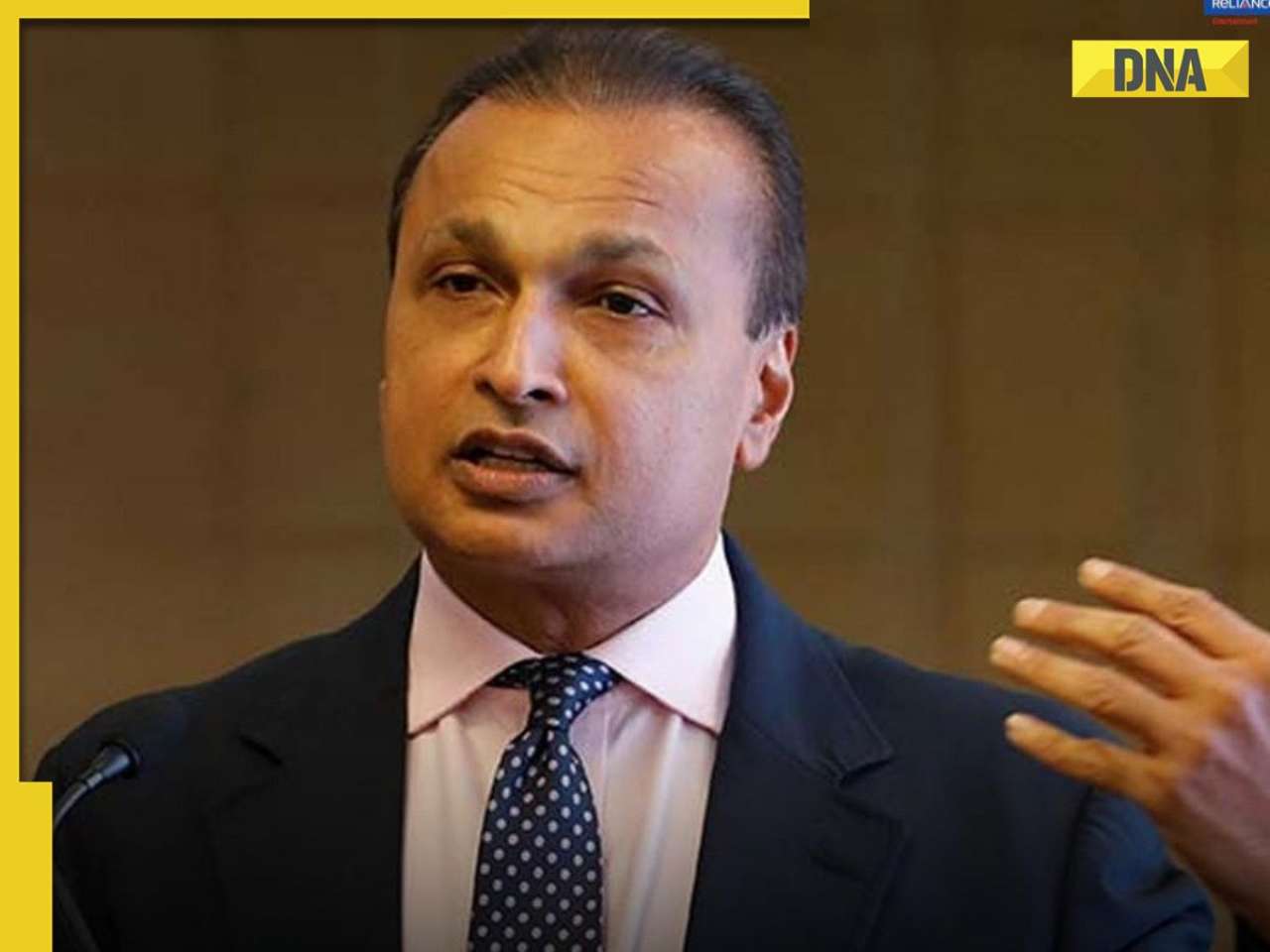

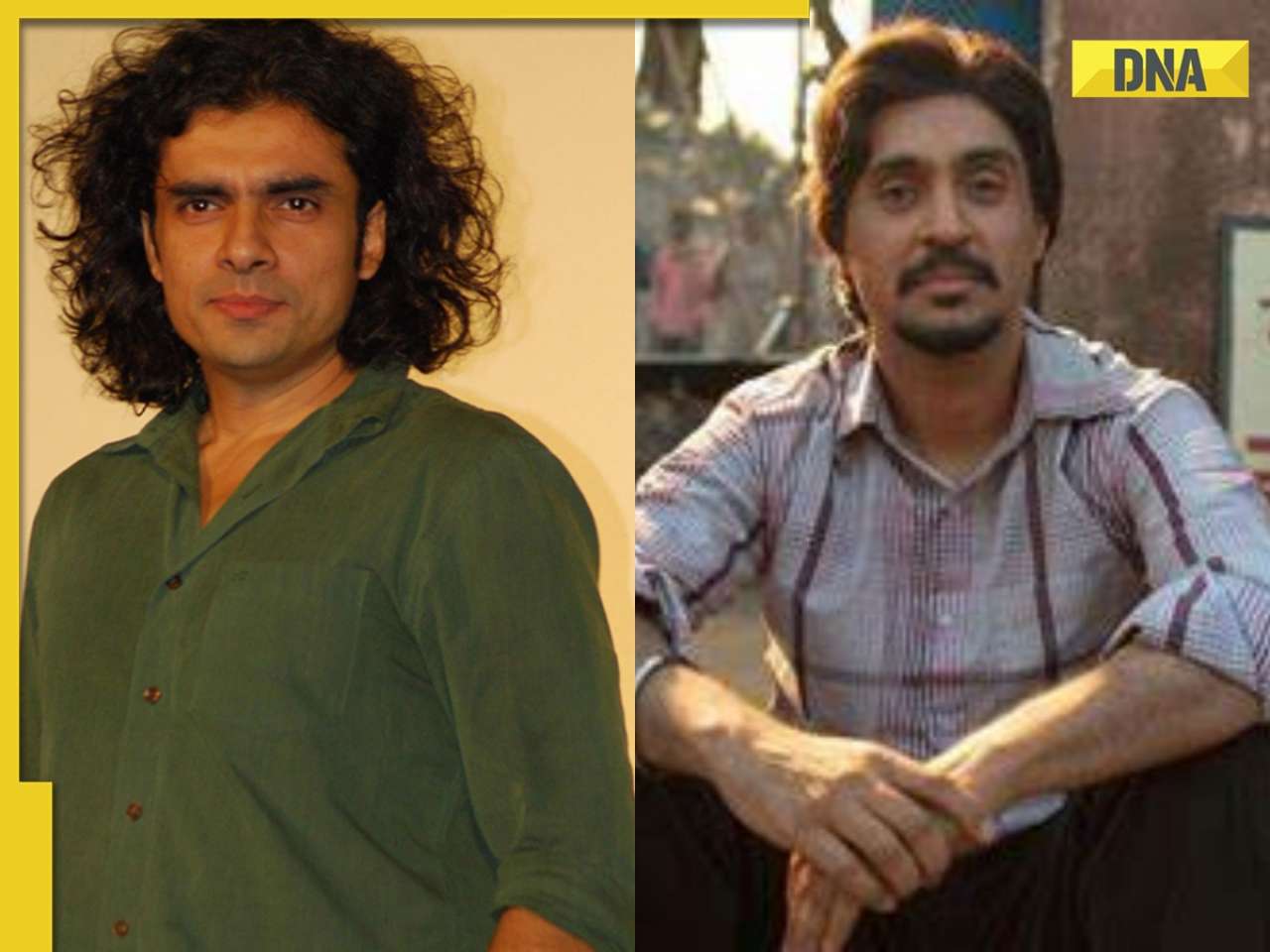























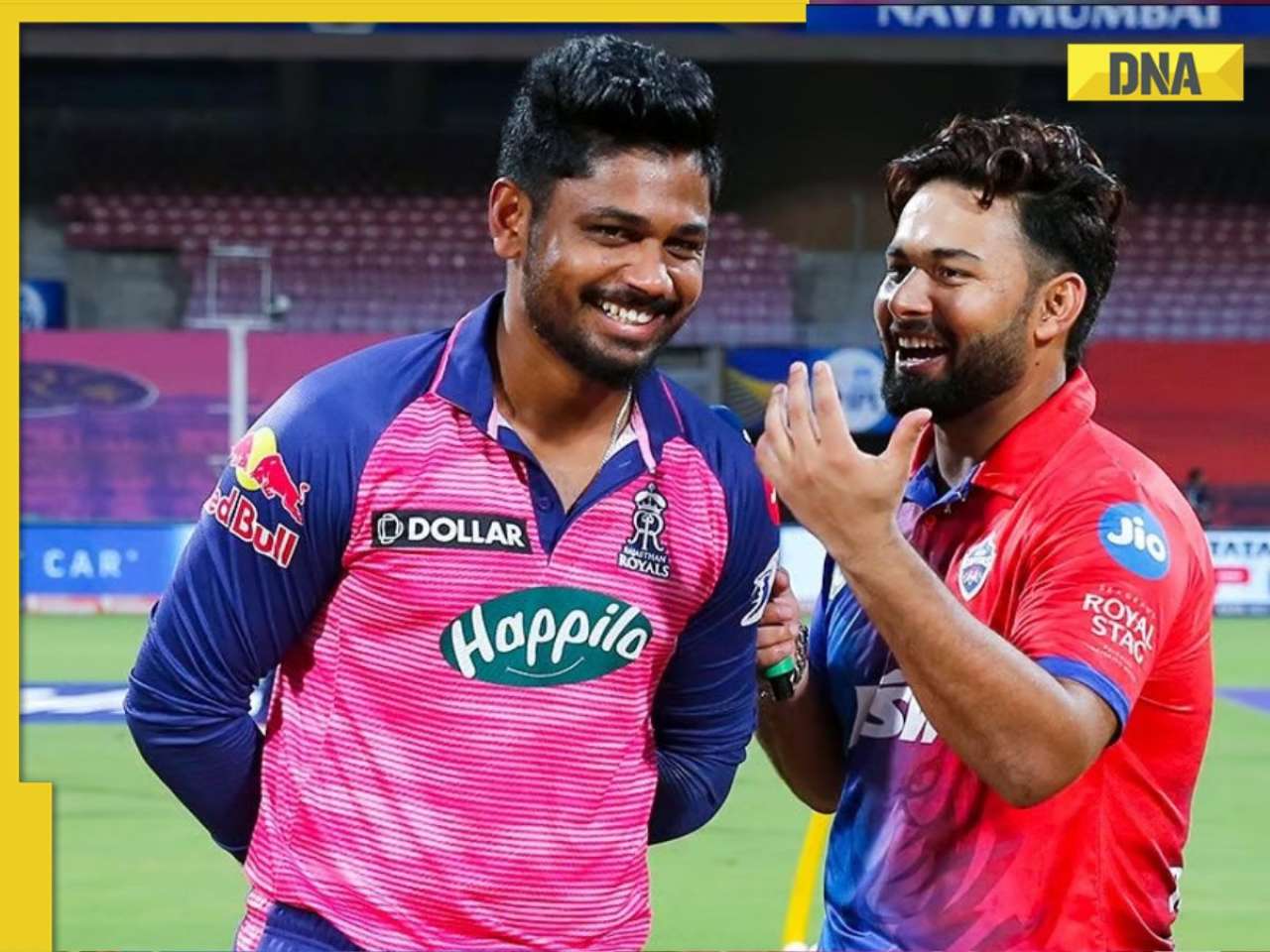

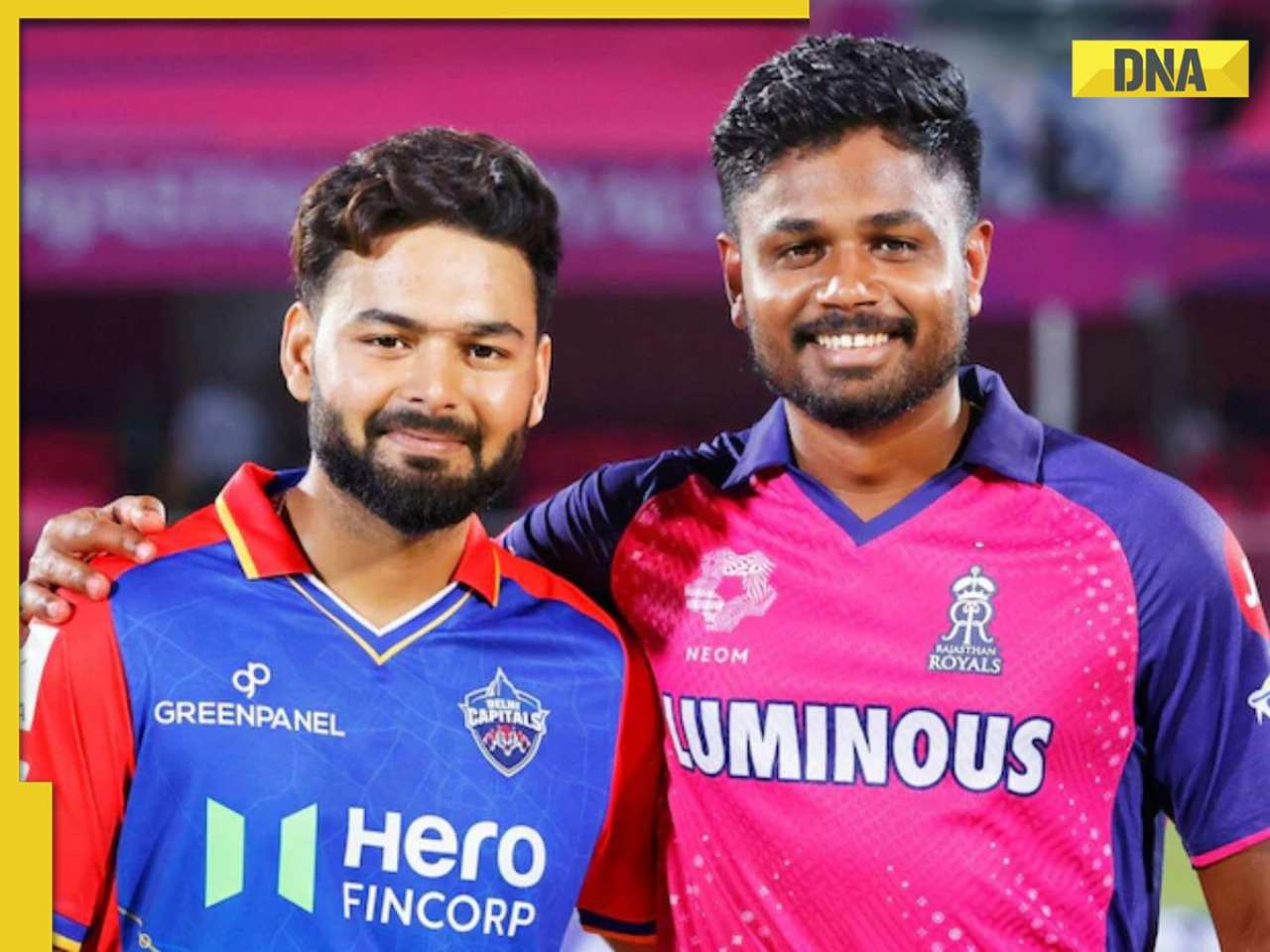

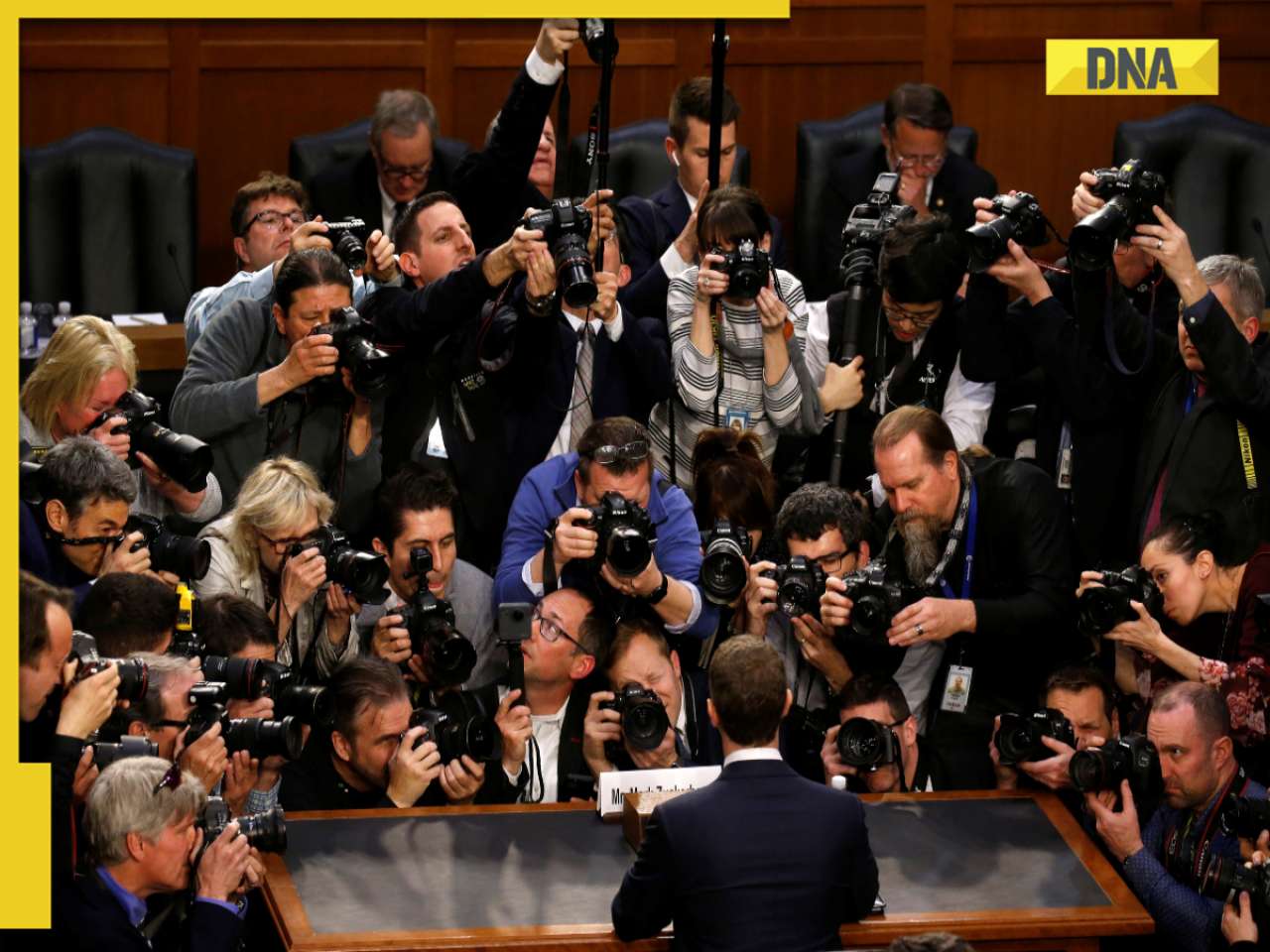







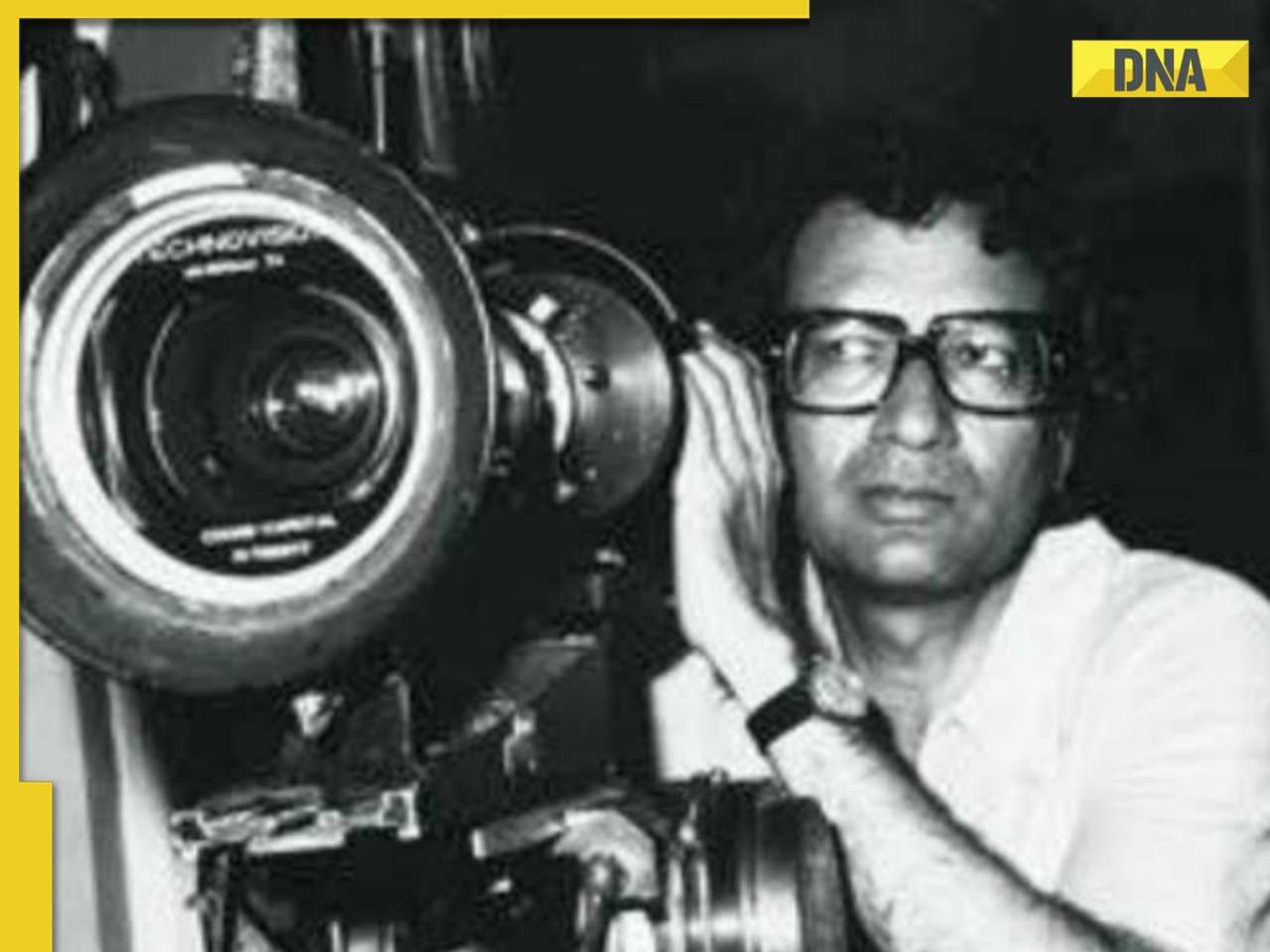
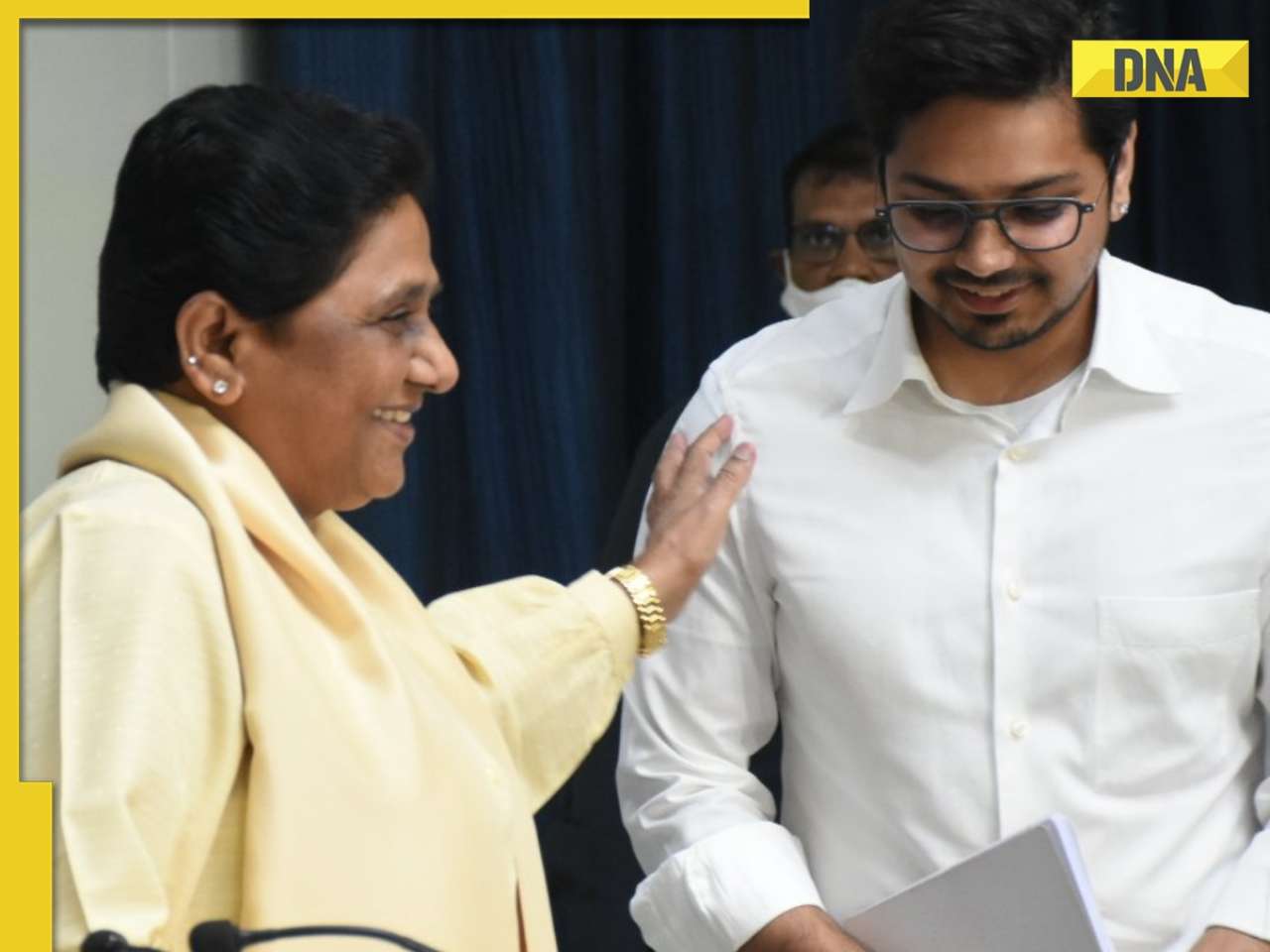
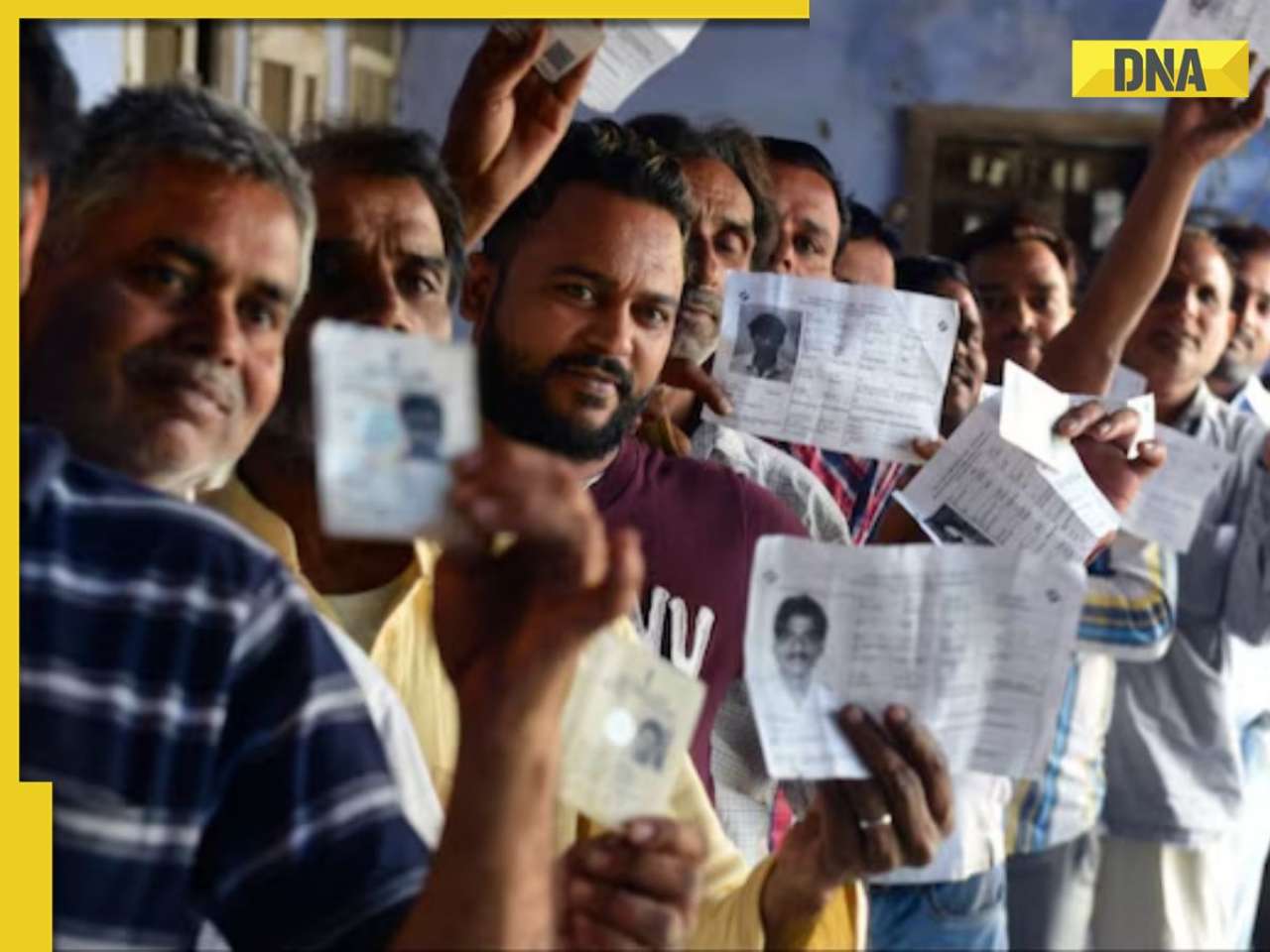




)
)
)
)
)
)